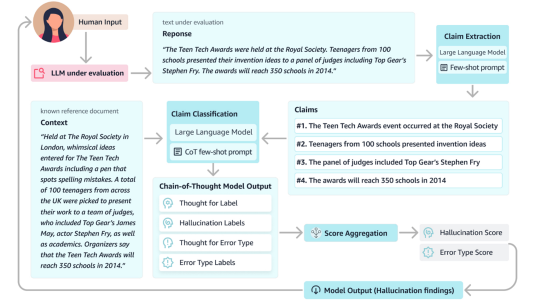Warning: This paper contains examples of gender non-affirmative language which could be offensive, upsetting, and/or triggering.
Transgender and non-binary (TGNB) individuals disproportionately experience discrimination and exclusion from daily life. Given the recent popularity and adoption of language generation technologies, the potential to further marginalize this population only grows. Although a multitude of NLP fairness literature focuses on illuminating and addressing gender biases, assessing gender harms for TGNB identities requires understanding how such identities uniquely interact with societal gender norms and how they differ from gender binary-centric perspectives. Such measurement frameworks inherently require centering TGNB voices to help guide the alignment between gender-inclusive NLP and whom they are intended to serve. Towards this goal, we ground our work in TGNB community voices and existing interdisciplinary literature to assess if and how the social reality surrounding experienced marginalization by TGNB persons contributes to and persists within Open Language Generation (OLG). Specifically, we center TGNB voices by understanding their daily marginalization stressors. This informs our OLG harm evaluation design. As such, we focus on evaluating (1) misgendering and (2) harmful responses to gender disclosure. To do this, we introduce the TANGO dataset, comprising of templatebased text curated from real-world text about TGNB individuals within a TGNB-oriented community. We also create an automatic misgendering evaluation tool and measure misgendering across several popular generative models, including ChatGPT. We discover a dominance of binary gender norms within the models; large language models least misgendered subjects in generated text when triggered by prompts whose subjects used binary pronouns.
Meanwhile, misgendering was most prevalent when triggering generation with singular they and neopronouns. When prompted with gender disclosures, generated language contained stigmatizing language and scored most toxic when triggered by TGNB gender disclosure. Our findings warrant further research on how TGNB harms manifest in LLMs and serve as a broader case study toward concretely grounding the design of gender-inclusive AI in community voices and interdisciplinary literature.
“I’m fully who I am”: Towards centering transgender and non-binary voices to measure biases in open language generation
2023
Research areas




